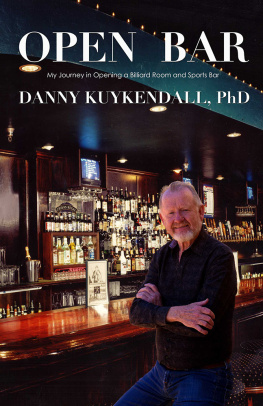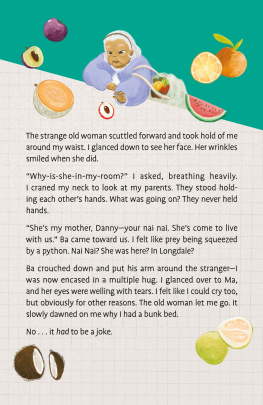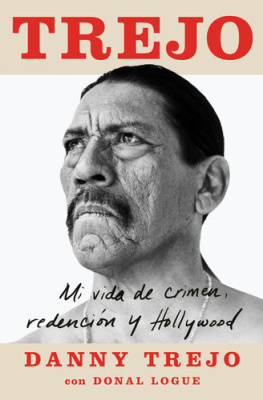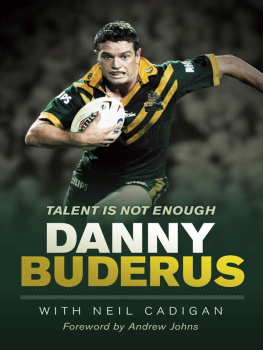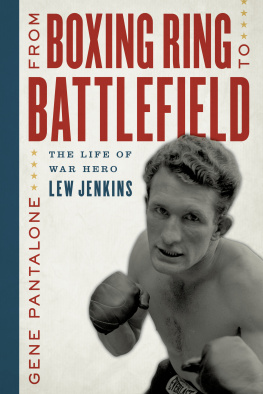
2016
1953
FLAMING June. Bloody typical.
Albert Charles Kemp smiled at the bedraggled street party. The flags were soaked, the kids jelly only just edible. Despite the rain, this was a special day, a new Queen crowned and nothing would stop the celebrations. Nothing apart from the weather could rain on this parade.
East London may have been battered and bombed in the Blitz, but these people were brave, proud and full of love for the Royal Family. They had long memories too, remembering the new Queen Mothers many trips to East London and how shed helped lift morale through the bad times. Their affection for her and her family was overflowing, filling every street party with God Save the Queen, Rule Britannia and the exciting sense of a new beginning.
Together with a small crowd of locals, Albert had watched the history-making ceremony on a black-and-white television through a local electrical shop window. Now he watched the families dressed in their Sunday best, kids running here and there, mums and dads talking, singing, dancing; a community united. As he walked through the streets full of bunting, Albert felt a sense of belonging. These rough and ready neighbours were his people, these were his streets and this was his home.
Albert lived in a rented, one-bedroom flat on top of a shop that sold second-hand toot. The owner, Simon, never tired of looking, searching, for that elusive Faberg egg, or an old master in someones unsuspecting attic. A lover of Sousas marching music and with a military, waxed moustache to match, Simon and his merchandise belonged to a bygone age. Whenever he saw Albert, Simon would give his usual military-style salute, delivered in a battered German helmet from the war. It had made Albert smile the first few times, but had now become tedious.
Albert reached his front door.
Greetings, Kemp, called Simon, a Union Jack flag draped around his shoulders like a greatcoat.
Albert nodded with a smile of recognition, put his hand through the letter box and reached for the key to his flat.
In 1953, a door key hanging down on a piece of string through the letter box or under the door mat was the norm in this part of the world. Most of the time, front doors were just left open. Turning his back on a spirited version of the Hokey Cokey kicking off a few doors down, Albert turned the key and went in.
The stairs to his flat creaked reassuringly underneath the cracked brown linoleum. He had climbed this wooden hill so many times that the familiar worn beige and faded pink wallpaper, the nondescript stairwell, felt like home. For better or worse, it was home.
Trying hard to ignore the smell of boiled cabbage that often seemed to prevail, Albert hummed Land of Hope and Glory as he progressed slowly up the stairs. Reaching the worn welcome mat on his threshold, he fumbled through his grey raincoat for a second key to open the half-glazed ill-fitting door to his world.
Not that this world was that important to Albert. Two rooms, a few memories and a roof over his head was good enough. A head that once boasted dark and curly hair had now matured with age to silver. A face still handsome, but battered by almost sixty years of struggle. A tough life of World Wars, hard work and the open wounds of faded glory. Still a fit man, Albert had the face of a boxer and the heart of a lion.
Once inside, he closed the door, took off his wet raincoat and hung up his brown trilby hat: a hat he was very proud of, bought from a milliner in the West End to celebrate the end of World War Two.
Rocky, Alberts pet budgie, cheeped a cheery hello as if sensing the excitement in the air flowing from the streets below, while Albert filled the kettle, put a shilling in the meter and lit the gas. In the corner, a comfortable but worn old armchair sat and waited patiently for its owner. On it, Albert had placed a regal cushion recently bought from Simon at a bargain price, commemorating the Coronation of Queen Elizabeth II. He was proud of that.
The kettles homely whistle spluttered with a head of steam and competed with Rockys cheerful chirping and a chorus of Knees Up Mother Brown from the street below. Albert washed out the lived-in teapot and spooned tea leaves into it. Tea-making ritual concluded, cup in hand, Albert decided to engage his flatmate in conversation.
Good bird, Rocky.
Rocky responded with a dance of excitement and some manic chirping as Albert unlatched the cage. With a whisper of wind, the budgie took flight, stopping to perch on the rooms plastic cream lampshade. Albert took to his armchair, tea in hand. Alone as usual.
His wife, Vera, had died six years ago. The doctors had said it was cancer, but Albert knew it was really from a broken heart. Losing their only son Tommy at the beginning of the war had been a devastating blow for both of them. They said time was a healer, but time had never really healed the heartbreak of Tommy or the loss of Alberts first and only love. It had left scars. But Albert was not a man to wear his heart on his sleeve and he kept the hurt well hidden.
Good bird, Rocky, he murmured again.
Just when Albert thought Rocky was actually going to say something back, there was a knock on the door.
Mr Kemp?
Albert recognised the voice of Mr Abrahams, his landlord and the local money lender.
A word, Mr Kemp?
Albert opened the door and Abrahams came in. He was a pale man in his late sixties, wearing his usual long black coat, pigtails and black hat, the uniform of his orthodox religion. He gave Albert a grudging half smile.
Mr Kemp, good day. I see your rent is overdue.
I get paid this week Mr Abrahams, youll have it by Monday.
Thats good Mr Kemp, that is good. Abrahams sniffed the air. You should open a window, freshen this place up. It smells like a fish market.
Albert remembered the nice piece of smoked haddock he had treated himself to for yesterdays tea. Advice delivered, Abrahams circumnavigated a low-flying Rocky, avoiding one of Rockys deposits, and pointing to the window he said, A lovely day Mr Kemp, people coming together and left with the same grudging smile.
Albert returned to his tea and armchair, switched on the radio and, with Rocky now on his shoulder, listened to the music of the day. Looking around the room, his mind wandered through the sense memories of his possessions: the trophies, the photographs, the snapshots of his life. A picture of Tommy in uniform sat in pride of place on the mahogany sideboard beside boxing trophies, a champions belt and a yellowing photograph of Albert in his prime, bruised and battered and holding the same boxing belt proudly above his head. There was much to look back on at his age, but not too much to look forward to.
Lost in his thoughts and memories, the chime of a carriage clock on the mantelpiece brought him back with a jolt to the present.
Six oclock, Rocky mate, he told the budgie. Time for me to get going.
Putting the bird back in the cage, Albert put on his coat and treasured hat and headed back down the stairs.
He knew these cobbled streets like he knew his own skin. They were the streets where he had grown up, streets which were often cloaked in a yellow-grey fog fuelled by the coal-burning of the Victorian terrace houses, local factories and the close proximity to the River Thames and the London docks. Ocean-going ships towered over everything like high-rise blocks from distant shores, emptying strange foreign sailors in exotic dress into the East End streets.
Albert turned the corner and walked past a derelict space, a living memory of the Blitz, where a German bomb had flattened all below it. A street party and happy celebrations now filled the site, children playing and adults celebrating, their Coronation party still in full swing and set fair to go on till late, or until the drink finally ran out. On Albert walked, under the railway arches and on to his place of work, a Victorian public house called the Live and Let Live.
Next page

